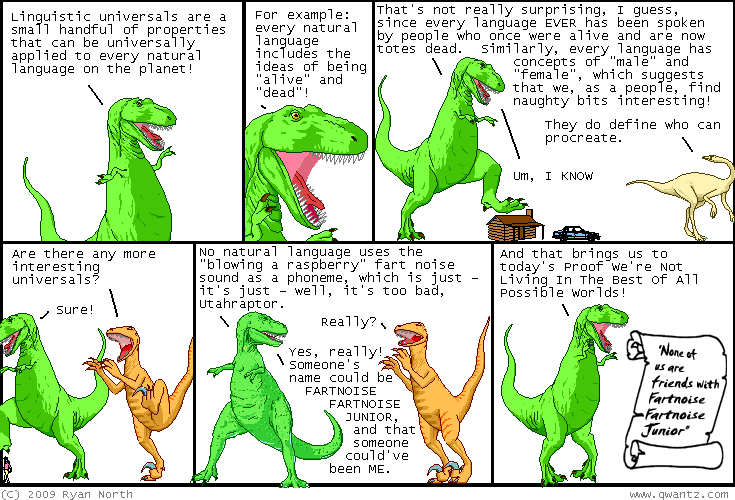According to David Skinner, "Ain't that the truth", Humanities 30(4), July/August 2009:
In 1961 a new edition of an old and esteemed dictionary was released. The publisher courted publicity, noting the great expense ($3.5 million) and amount of work (757 editor years) that went into its making.
That would be \$4,623.51 per editor-year, if none of the \$3.5M went for typesetters, pencils, rent, or other expenses. And if I'm reading this CPI table right, the ratio of today's prices to those of 1960 is around 213.856/29.5, or about 7.25 to 1; so in today's dollars, the yearly per-editor costs would be around \$33,520. Apparently lexicographers worked cheap in those days.
The new dictionary in question was Webster's Third New International (Unabridged), and as Skinner explains,
It was judged “subversive” and denounced in the New York Times, the Chicago Tribune, the Atlantic, the New Yorker, Life, and dozens of other newspapers, magazines, and professional journals.
Read the rest of this entry »



